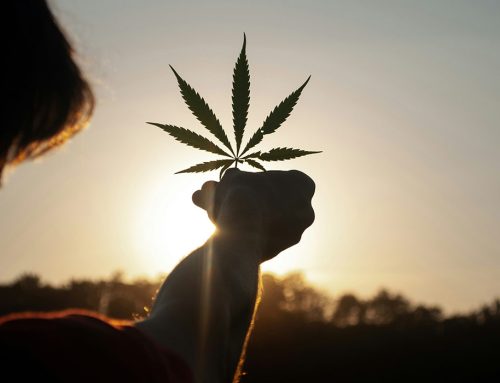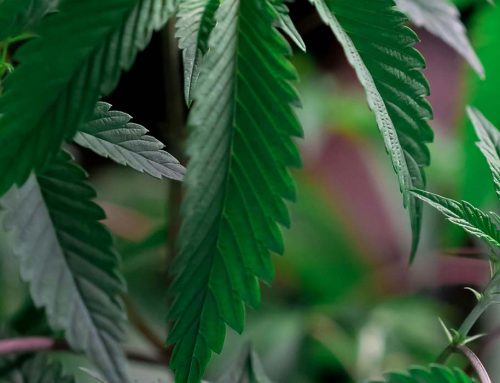On December 18, U.S. Senator Martin Heinrich, (D-N.M.), ranking member of the Joint Economic Committee, issued a statement announcing the publication of a report titled The National Cannabis Economy. The report, authored by the committee’s Democrats, concludes:
The growth of the cannabis economy presents opportunities for greater job creation, more tax revenue, and better patient care. But current conflicts between state and federal law threaten to impede social and economic growth. Going forward, lawmakers and regulators should prioritize solutions that promote greater research into the health effects of cannabis and reduce regulations that restrict the industry’s ability to conduct business.
The report also notes that the newly elected governor of Heinrich’s state, former U.S. Rep. Michelle Lujan Grisham, is one of several incoming Democratic governors who campaigned on legalization. When in Congress, she co-sponsored legislation that would have given the federal government’s endorsement to state-legal CBD.
The Report
The committee’s report summarizes how legalization has swept one state after another, bringing economic benefit and few social costs, but federal prohibition remains a problem because it “impede[s] the growth of the cannabis economy.” As a result, “policymakers must address conflicts between state and federal regulations.” The first issue is banking.
The report lists the many difficulties facing banks that knowingly do business with state-legal marijuana businesses. For example, “Banks that knowingly work with cannabis businesses are in violation of federal anti-money laundering laws, subjecting these banks to potential asset seizure by the Department of Justice (DOJ).” Federal law also require banks to file Suspicious Activity Reports with the DOJ “when working with cannabis businesses, which can be burdensome and costly to comply with.” Because of these laws, the report estimates that less than a third of cannabis businesses have access to banking services.
Next, the report summarizes how federal tax law hurts cannabis businesses, starting with “Section 280E of the tax code,” which “prohibits businesses from deducting ordinary business expenses associated with the ‘trafficking’ of Schedule I substances.” While non-cannabis businesses can deduct employee salaries, utilities, health insurance premiums, marketing costs, repairs and maintenance, rental fees, and payments to contractors, cannabis businesses cannot. This high cost and lack of access to banking has fostered a cash economy in the cannabis business, which invites crime and fosters inequality.
As the report notes, “A majority of states have taken action to legalize cannabis in some form, despite its federal classification.” With these significant economic barriers toward participation in the cannabis economy, the report makes it clear that some form of reconciliation between the law of the majority of the states and that of the federal government is in order.
Social Considerations
In addition to summarizing the economic arguments favoring reconciliation, the report notes that, contrary to the holding of federal law, cannabis has medical use:
[T]here is a large body of evidence that cannabis is effective for treating chronic pain. There is also suggestive evidence that cannabis is effective for decreasing weight loss associated with HIV/AIDS. Additionally, several studies have shown medical cannabis is associated with lower prescription opioid use.
In addition, the report notes that cannabis legalization brings fewer arrests and fewer prisoners, with resulting economic benefit measured in “millions of dollars” to legal states. Those states have also seen substantial increases in tax revenue from taxing cannabis. Police departments report that because of legalization, they can put their resources into improving clearance rates, for example. In addition, crime has not increased in legal states.
The report makes a strong argument in favor of some form of federal marijuana law reform, and as such could be considered as a sign that some form of relaxation or end of federal prohibition could occur this year, given that President Donald Trump and some Republican leaders have indicated a willingness to consider reform. As Heinrich has tweeted: “It’s time to legalize marijuana.”
What do you think? Will federal reform happen in 2019? Leave a comment below.






